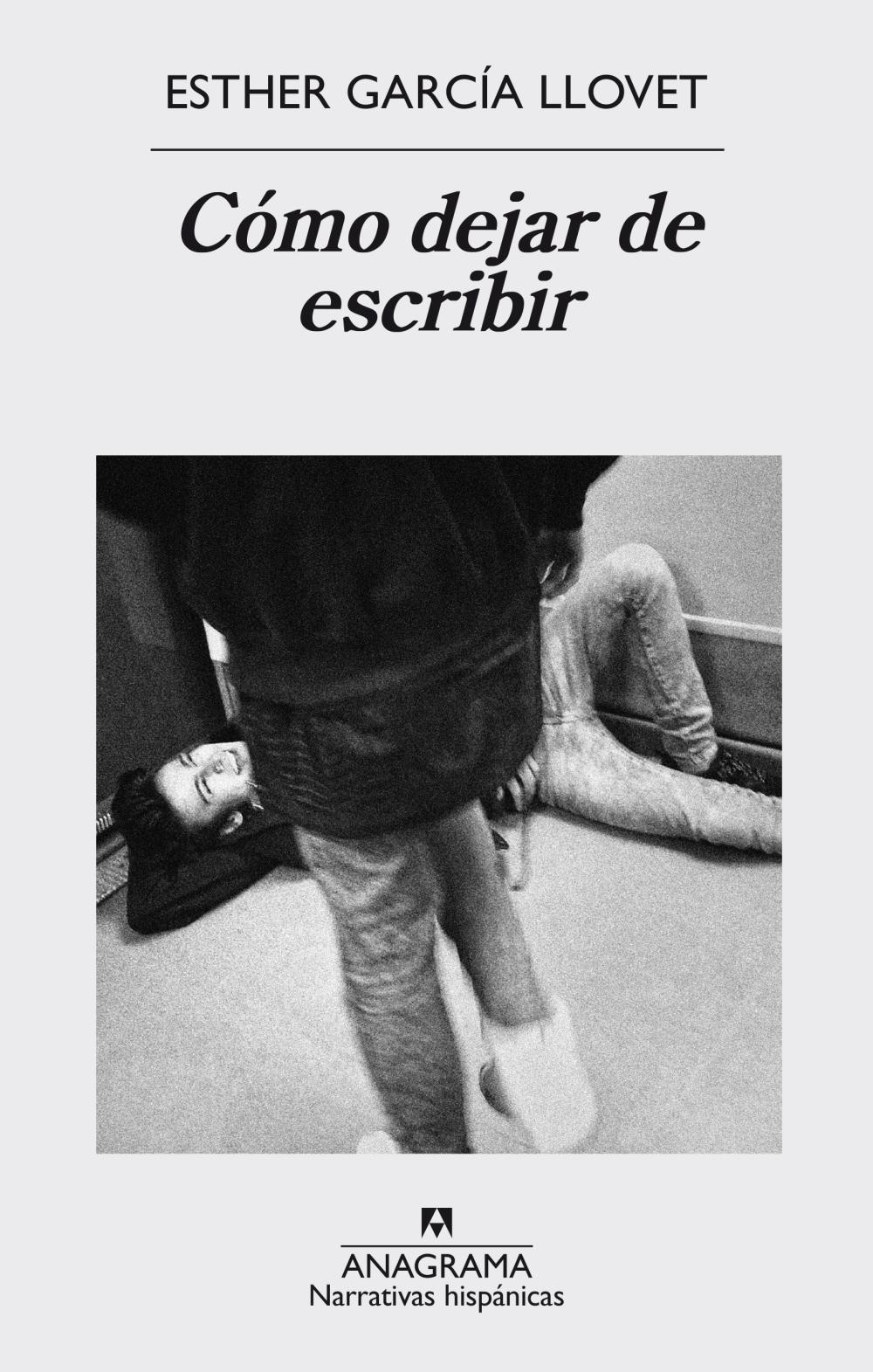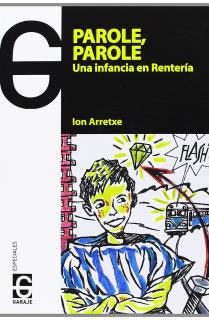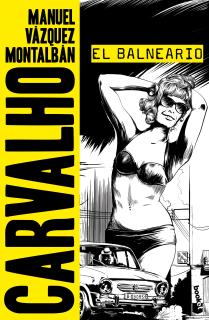Cómo dejar de escribir
17,90 €
BEZa barne
Eskuragarri 7 egunetan
Cómo dejar de escribir
| ISBN | 978-84-339-9827-9 |
|---|---|
| Orriak | 136 |
| Urtea | 2017 |
| Argitaletxea | Anagrama |
| Saila | Narrativa Española |
«Esther García Llovet es una perra verde. Un bicho raro en el contexto actual de la literatura española: el mundo de sus escritos es también el de una perra verde. El de una exquisita rara avis... Esta autora cuestiona cada código, cada imagen, cada palabra... Estupenda» (Marta Sanz).
«Nos gusta mucho García Llovet, y nos gusta su estilo, su poética: afirma su preferencia, como lectora, por las grandes novelas oceánicas (con Bolaño y Foster Wallace como inexcusables referencias), pero como escritora apuesta por las novelas escuetas y alusivas. Su universo narrativo incluye una dosis innegable de extrañeza alentada por una especie...
de arcano inaccesible, de “fatum” de tragedia griega. Autora de culto» (Sara Mesa).
«Ha hecho de la calidad una de sus señas» (Javier Moreno, Quimera).
«Su estilo es de cuchilla de afeitar» (Laura Fernández, Go Mag).
«Una muy buena escritora, que maneja la tensión narrativa y la ambientación de manera soberbia y mesurada... La prosa de García Llovet es austera y tiene la alevosía y premeditación del mejor de los delitos
–el que no se permite el error ni encuentra castigo, el verdadero crimen perfecto en literatura» (Sergi Bellver, Bitácora de Sergi Bellver).
«Es de esas escritoras “secretas” que causan adicción, y no es un símil o una metáfora, sino una constatación empírica. Novela tras novela ha conseguido enganchar a nuevos lectores» (Carlos Sala, La Razón).
«Una escritora única. Radicalmente independiente y ajena a modas y generaciones, ha conseguido asimilar la modernidad norteamericana sin caer en el pastiche. Además de una potencia visual fuera de lo común, posee una precisión absoluta, un adecuado sentido del ritmo y la capacidad para crear protagonistas de rara y oculta intensidad. Todo ello magnetiza al lector» (Recaredo Veredas, Qué Leer).
«After a few months the reader may have forgotten the title of the book, the details of its plot, the characters that they have recently met, or even the name of its author… They won’t have forgotten, however, the impact of its rhythm, the melody of its prose and the stamp of an author whose work breathes the same narrative life as the best McCarthy, the eternal Bellow and the last Bolaño» (A López, La Razón).
«A casual, humorous and foreshortened vision of certain spaces of an authentic urban Madrid that refuses to be seen in a conventional way. That is the principle attraction of this novel, as well as the source of its literary merit, sustained by simple prose, ingenious in its humorous manifestations of eccentric and very expressive humour and well-measured dose of word games. An attraction that is further amplified by the fluidity and dynamism of its dialogues» (Santos Sanz Villanueva, El Cultural).
«Esther García Llovet portrays an ironic vision of a Madrid of lost people in the brilliant novel Cómo dejar de escribir» (Alfonso Vázquez, La Opinión de Málaga).
«García Llovet is a skilful striker, who plays well and hits the mark with every dialogue and evocative image. She crosses the street without looking or turning corners, with the wonder of someone who writes without a map, a contagious journey for those readers who read blindly» (Carlos Zanón, Babelia, El País).
«Cómo dejar de escribir is a sensational and extraordinary story full of bitter poetry, written with poetic bitterness. It’s a brief book, but unlike others of its size, it shouldn’t be enjoyed slowly, with small sips, but instead, due to its intensity, strength, and the power of its exquisite prose, which is always surprising and sweetly bitter, should be drunk in one gulp, without hesitation … This is a book written with a sublime style, which is never contrived, but which flows through the pages spontaneously and audaciously» (Luis Eduardo Siles, El Norte de Castilla).




